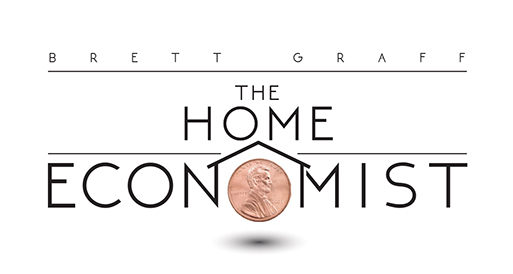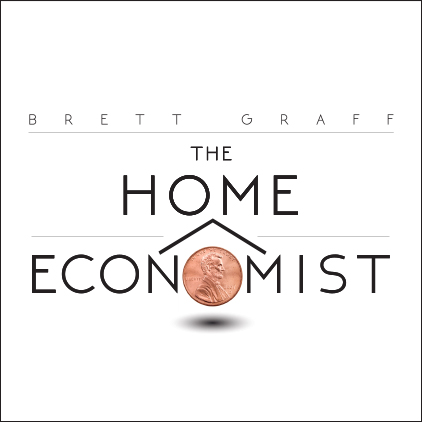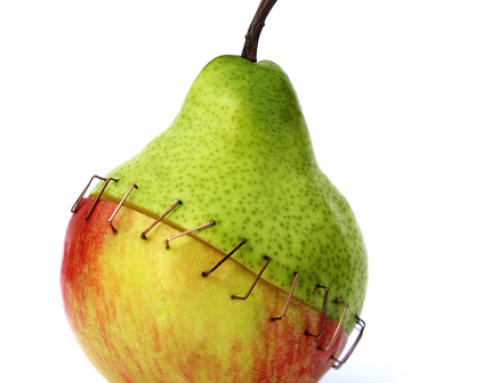
The economy is about your house, your income, your kids and your shopping. Best to brush up on some basics.
It’s too bad talk about the economy is typically led by economists. A group that’s not exactly famous for possessing the ability to tell an exciting story. But in truth, you know every economic notion out there is about your money or your house or your job or your prices and even maybe your kids. But .
- You are an economist. “Noohoohoo way,” you will likely reply. “I have kids and a job and a pair of jeans I aspire to wear again one day and really, there’s a limit to what I’m willing to do around here.” But of course you know being mother means kissing limitations ‘good-bye.’ (Perhaps along with the notion that going to the bathroom is something people do alone). So yes, your household is a small economy and you’re the chief economist, making economic decisions every day. You chose the vegetables you’ll buy, the school you send your kids, you manage real estate, acquire vehicles, and decide whether to raise – or dock – someone’s allowance. You may think about moving or going back to work or quitting work. (Economists manage resources and time is perhaps the most valuable.) You may decide between a new washing machine or a new floor.
- The economy is all about shopping. Perhaps you know vaguely it has to do with numbers and money – but can you define the word? It’s easy. The economy is everything that’s bought and sold in a particular area. That means the economy is just another word for “shopping.” The United States economy is everything bought and sold in the U.S. And your household’s economy is everything that’s bought and sold in your household – that includes labor, as someone is likely working.
- How to read an economic indicator. The prerequisite for this is to know the numerical order. Are you aware that the number 10 is greater than the number 9? Can you monitor a sick child’s temperature and know whether it’s higher or lower than it was the last time you checked? Can you look at the scale and know if you’ve lost or gained weight? Congratulations, you’re qualified to read economic indicators. They go up, they go down. As long as you know what the indicator is measuring, you can not only read it – but you can use that reading to make smarter economic decisions.
- Those numbers make you better at shopping and other important money decisions. The government publishes so much information about our lives but gives each bit of it a name so boring our eyes glaze over. Take the CPI. It can tell you whether your dry cleaner’s price increases are crazy. Swear. Because this index lets you compare them to the national average. Wishing you knew the future of energy prices? Government has ‘em. It also publishes the take-home pay of qualified computer programmers in almost every city and state. Tally up which power companies charge the most money. The government calculates the cost of having an additional child – one of the biggest economic decisions of all. (Did you think we meant shopping for shoes or sporting equipment? We did. Spend less on energy and you’ll have more left over for the fun stuff.)
- Not everyone without a job is “unemployed.” People who are “unemployed” are actively looking for jobs but can’t find them. People who are not looking for jobs are not unemployed. Take stay-home moms, for example. Economists don’t count them as unemployed but rather, consider them out of the labor market. That’s despite a high likelihood of having experienced labor painful enough to warrant an anesthesiologist.







Leave A Comment